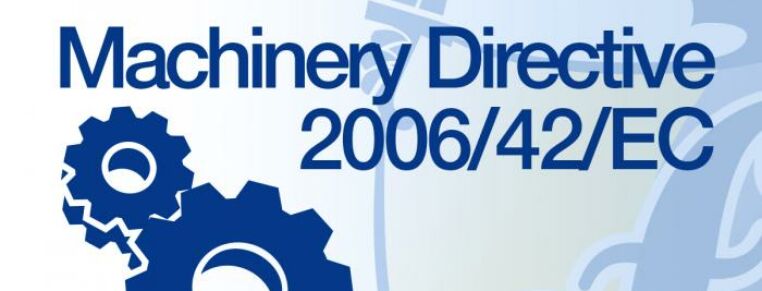For the last 30 years, the EU legislative framework has supported a competitive European industry able to innovate whilst producing highly safe machinery. By hampering digital developments – the heart of our companies’ business strategies – and unnecessarily expanding third party certification, the proposal for a revision of the Machinery Directive released earlier today risks putting an abrupt end to this success story.
The proposal put forward follows a long and comprehensive process at the end of which most of industry’s demands for the preservation of an effective Machinery legislation have been duly ignored. Although the conversion into a Regulation and the alignment with the New Legislative Framework (NLF) will enable a clearer and more consistent implementation, the European materials handling industry is left stunned by the apparent lack of trust that the text seems to reflect.
Our companies are successfully producing digital innovations – and have done so for the last few years – without compromising on safety. Yet, the proposal resiles from the technology-neutral principle by including essential requirements for digital technologies into the Machinery Regulation. In connection with the proposal on AI, it also sets a principle of dangerousness for AI machines or components with a safety function, thereby creating a serious obstruction on innovation, as any future AI machinery could be potentially covered. This is even worse considering that the proposal puts manufacturers under the supervision of certifiers by mandating their intervention for all high-risk machines. For manufacturers, this means more costs and delays without any safety gain over self-assessment which has been successfully used for many years. The expansion of third party certification is also effectively against the flexibility provided by the NLF, which lies at the core of the EU Internal Market legislation. A week before the release of an updated industrial strategy in which the European Commission will shout its love and support for the European industry, these proposals go in the exact opposite direction.
FEM will now work with the European Parliament and Council so that the upcoming decision-making process makes it possible to achieve a more balanced outcome, in which digital innovation is rightfully integrated in the legal framework whilst the European industry’s competitiveness is preserved. Meanwhile, EU’s main competitors, east and west, are certainly making sure they support their own industries to make the most of digital transformation.


